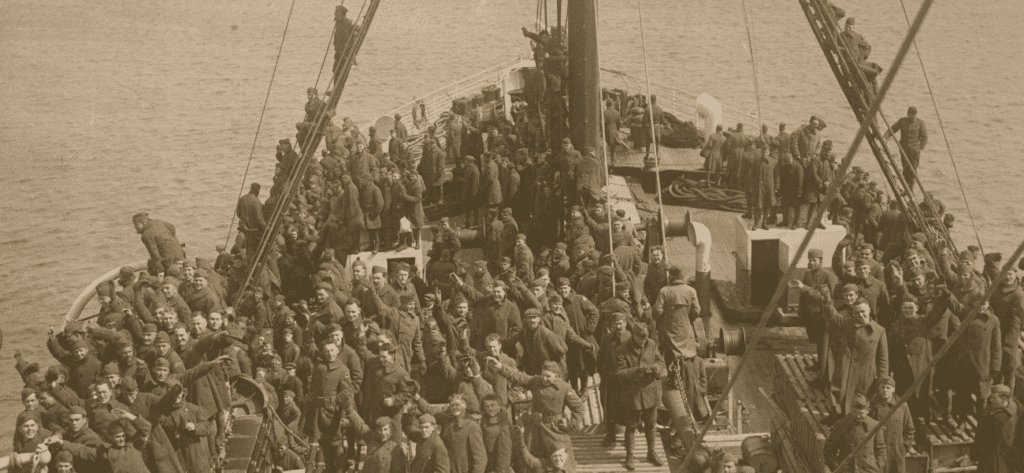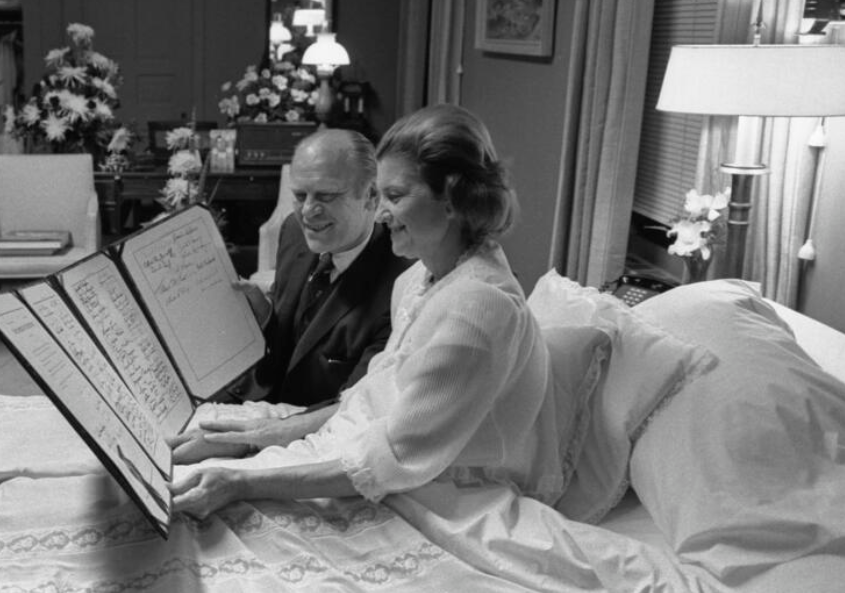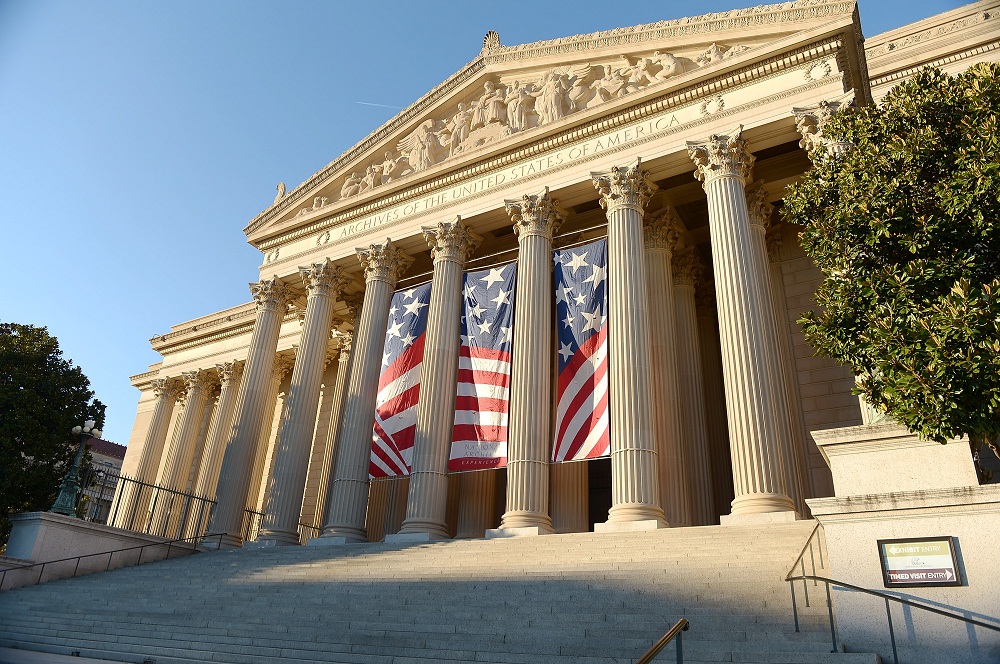The Smith-Lever Act established a national Cooperative Extension Service that extended outreach programs through land-grant universities to educate rural Americans about advances in agricultural practices and technology. These advances helped increase American agricultural productivity dramatically throughout the 20th century.
Today, cooperative extension continues to serve the educational and developmental needs of communities across the United States by supporting clubs, classes, and events that help citizens keep pace with the rapid modern advances in agriculture techniques and technologies.
The Smith-Lever Act was on display at the National Archives Museum in celebration of its 100th anniversary on May 8, 2014.
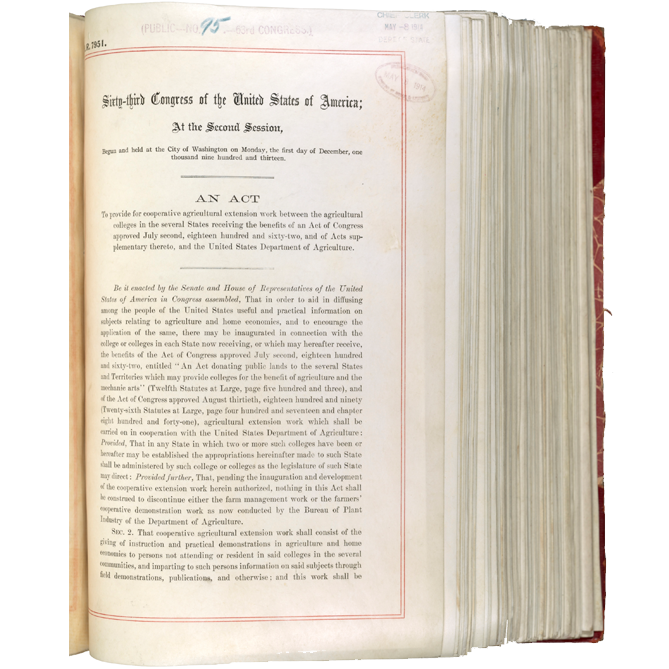

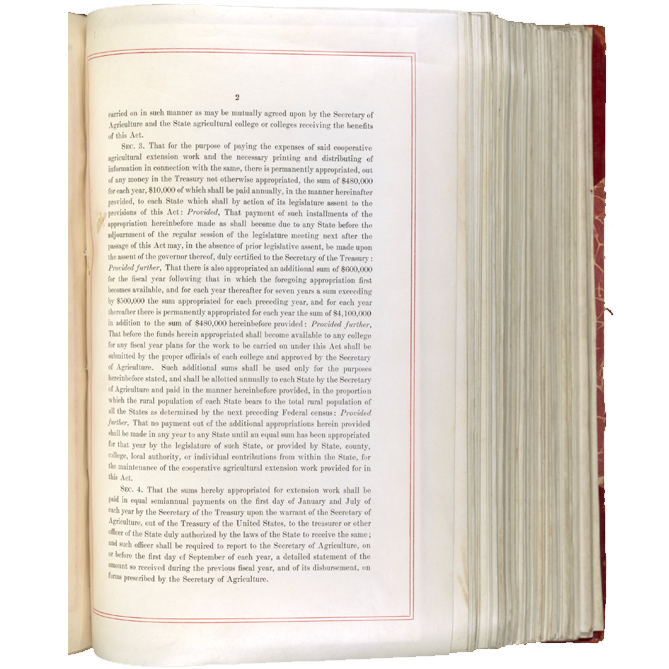

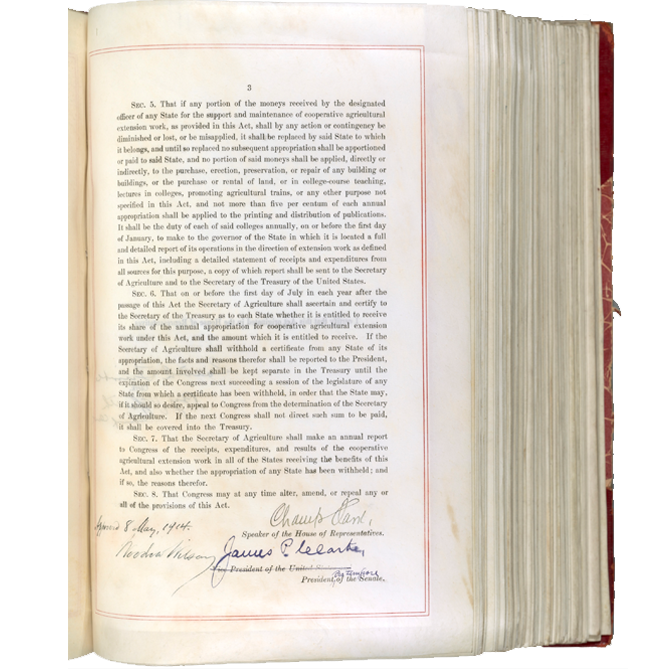

An Act to Provide for Cooperative Agricultural Extension Work between the Agricultural Colleges in Several States Receiving the Benefits of an Act of Congress Approved July 2, 1862, and Acts Supplementary thereto, and the United States Department of Agriculture
National Archives, General Records of the United States Government
This”Featured Documents” exhibit was made possible in part by the Foundation for the National Archives through the generous support of Toyota.

